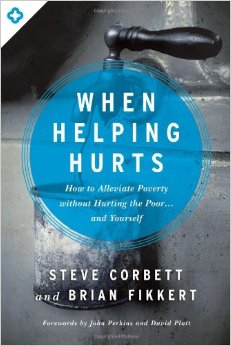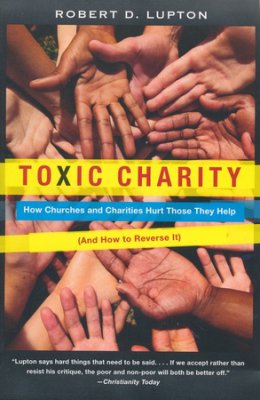In this section, Fikkert discusses the different concepts of relief, rehabilitation, and development. He argues that most poor people with whom Christian churches and missions organizations will be working are not coming out of a crisis. Therefore, most people are not in need of relief. Most people will need development. They will need you to come alongside them and walk with them across time. They need to be reminded that they are created in the image of God and are called to be stewards themselves.
Not all poverty is created equal. We must evaluate specific situations and consider what has caused a person to be in a situation of poverty in the first place. Unfortunately, most of the time our tendency is to be paternalistic. However, creating a system of paternalism can be harmful in the long run. There is no quick solution. It can be overwhelming, but we must remember that this is a long process that requires commitment.
Fikkert says that the key to development work is empowering people by promoting the process itself.







